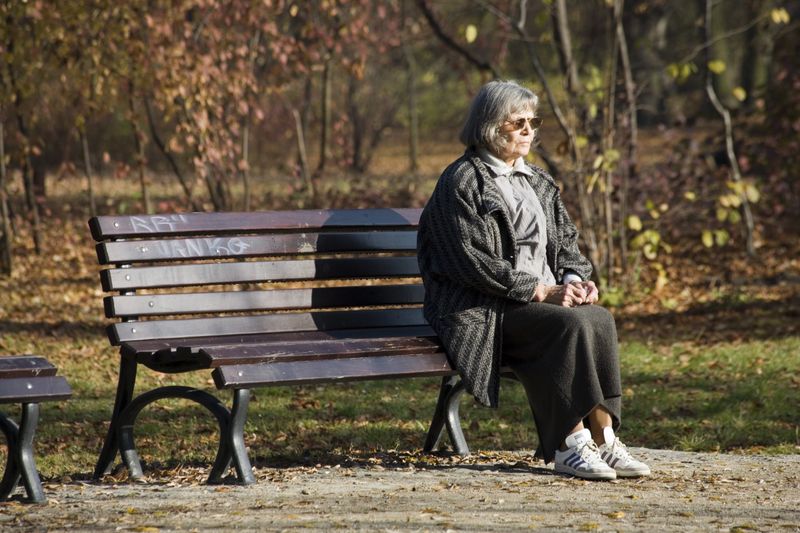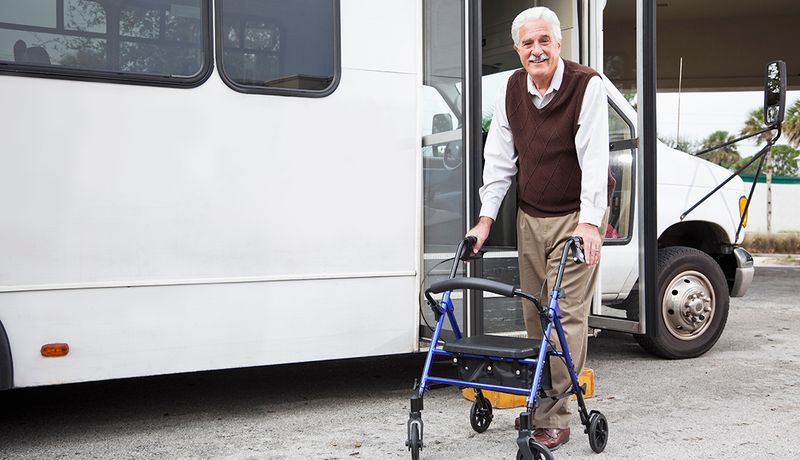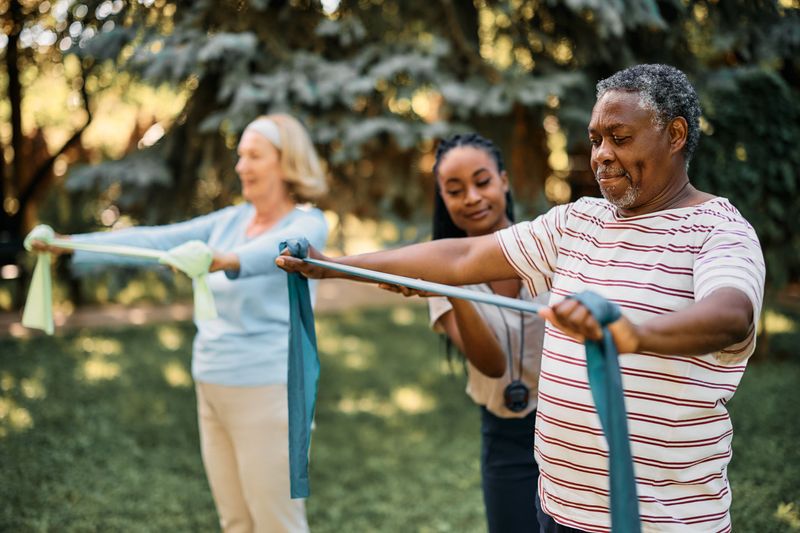As we journey through life, the presence of family often provides comfort, support, and companionship. However, for those who find themselves aging without family nearby, the experience can be uniquely challenging. This blog explores fourteen hard realities faced by individuals growing older without familial support. From emotional struggles to practical challenges, each aspect offers insight into the complexities of navigating life in solitude.
1. Isolation and Loneliness

Isolation can be a silent companion for those aging without family. Without loved ones nearby, social interactions can dwindle, leading to profound loneliness.
A simple walk in the park may become a solitary affair, and shared laughter over a family dinner turns into a distant memory. The absence of familial bonds can make holidays and special occasions feel hollow.
In these moments, companionship from friends or community groups becomes vital. Engaging in local activities or volunteering can provide a sense of belonging, filling the void left by absent family ties.
2. Financial Strain

Managing finances can be daunting when you’re the sole decision-maker. Without family support, budgeting and planning for unexpected expenses become critical.
Many elders face financial strain, balancing limited income against rising costs. This financial pressure can lead to stress and anxiety, affecting overall well-being.
Exploring financial aid options, community resources, or consulting with financial advisors could mitigate some of these challenges. Practical steps and informed decisions are key to maintaining financial stability.
3. Healthcare Decisions

Healthcare becomes a labyrinth without family to help navigate it. Making medical decisions alone can be overwhelming, especially when faced with complex diagnoses or treatment options.
Elders may struggle to understand medical jargon or feel pressured to make quick decisions without a trusted family member’s input. This can lead to feelings of vulnerability and fear.
Having a healthcare proxy or an advocate can be invaluable. Seeking second opinions and staying informed about medical rights empowers individuals to make confident choices.
4. Emotional Support

Without family around, emotional support can be scarce. Life’s ups and downs become personal battles, fought in solitude.
The absence of a familial sounding board means carrying emotional burdens alone. Loneliness can amplify feelings of sadness or anxiety, making simple challenges seem insurmountable.
Building a support network of friends, therapists, or community members can provide an outlet for expressing emotions and finding encouragement. Sharing experiences with others helps lighten the emotional load.
5. Home Maintenance

Maintaining a home requires time, energy, and physical capability, all of which can dwindle with age. For seniors without family, these tasks can become overwhelming hurdles.
Simple repairs or routine maintenance like cleaning gutters or mowing the lawn may feel like monumental tasks.
Hiring help or seeking community programs that assist with home maintenance can alleviate some of these burdens. Ensuring a safe and comfortable living environment is essential for well-being.
6. Transportation Challenges

Getting around can be challenging without family to provide rides or accompany on errands. For those without a vehicle, reliance on public transport can limit freedom.
Public transportation schedules may not align with personal needs, causing frustration and isolation. Navigating these systems can also be physically demanding.
Exploring community transportation services or ride-sharing options can offer solutions, providing greater independence and access to essential services.
7. Technology Gap

The digital world can feel like an alien landscape for seniors without family to guide them through it.
From online banking to social media, technology requires understanding and adaptation. Without assistance, elders might miss out on conveniences that could improve their quality of life.
Local libraries or community centers often offer classes to bridge this gap, empowering seniors to embrace technology with confidence and ease.
8. Safety Concerns

Living alone poses safety risks, especially for the elderly. Without family to check in, concerns about falls, accidents, or home security become prominent.
Installing security systems or wearable alert devices can provide peace of mind and immediate assistance if needed.
Community programs or neighbors can also play a role in ensuring safety through regular check-ins or offering help when required.
9. Social Engagement

Without family, social connections often need intentional cultivation. Participating in community events or clubs can foster friendships and alleviate feelings of isolation.
Engagement in recreational or cultural activities provides enjoyment and a sense of purpose.
Seeking out volunteer opportunities or joining local interest groups can build a support network, enhancing well-being and community involvement.
10. End-of-Life Planning

Planning for the end of life is a daunting task, and without family, it can feel overwhelming. Making decisions about wills, healthcare directives, and funeral arrangements requires careful consideration.
It’s essential to have legal documents in order and to communicate wishes to trusted friends or professionals.
Consulting with legal advisors can provide clarity and peace of mind, ensuring that personal choices are respected and honored.
11. Cognitive Decline

Aging can bring cognitive changes, and without family support, these challenges can be exacerbated. Forgetfulness or confusion might become more frequent, affecting daily life.
Having a routine, using reminders, and staying mentally active can help mitigate some cognitive decline.
Engaging in puzzles, reading, or learning new skills keeps the mind sharp and invigorated.
12. Physical Health Maintenance

Staying active is vital for health, but motivation can wane without family encouragement. Physical limitations may also add to the reluctance.
Regular exercise, tailored to individual capabilities, supports physical health and enhances mood.
Joining senior fitness classes or walking groups can provide motivation, making exercise a social and enjoyable part of life.
13. Companionship Loss

As friends and peers pass away, the sense of companionship can diminish, leaving a poignant emptiness.
Without family, these losses are felt deeply, and the absence of shared memories with loved ones becomes more pronounced.
Finding new avenues for connection, through clubs or community activities, helps in forging bonds that offer companionship and support.
14. Legacy and Memory

The desire to leave a legacy becomes more pressing without family to carry on memories.
Writing memoirs, sharing stories, or passing on skills to younger generations can create lasting impressions.
Community involvement or mentoring programs offer platforms for sharing wisdom and experiences, ensuring a cherished legacy endures.

Well, hello there!
My name is Jennifer. Besides being an orthodontist, I am a mother to 3 playful boys. In this motherhood journey, I can say I will never know everything. That’s why I always strive to read a lot, and that’s why I started writing about all the smithereens I came across so that you can have everything in one place! Enjoy and stay positive; you’ve got this!

